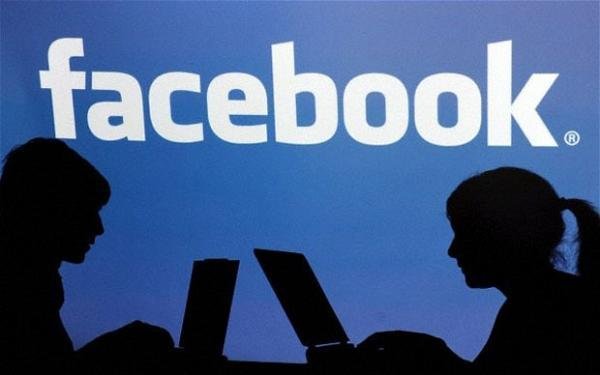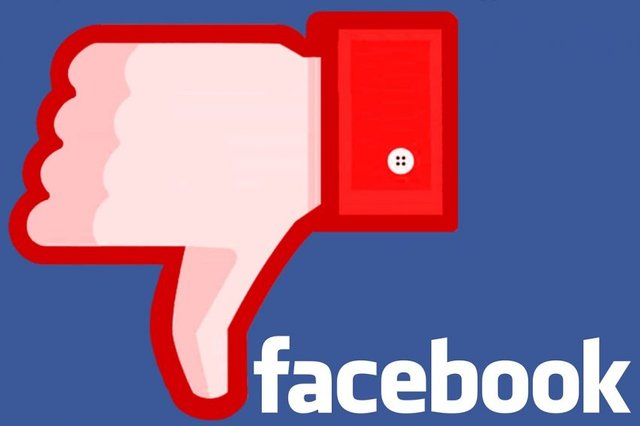All, in some way, we have made use of the "block or delete friends" button on our social networks. Sometimes it is hygienic and even necessary. However, it is no longer so when it becomes the cold strategy to end an affective relationship or friendship. Just a single click to disappear, to establish distance and silence without having to give any explanation.

Social networks, whether we like it or not, are often a reflection of our real life. Moreover, in every like, in every written word or photo published, a brushstroke of our personality is printed. These virtual algorithms are reflections of our essence and behavior. The developers know it and we know it. Therefore, nothing that happens in these scenarios is coincidental.
Eliminating people in social networks is a growing trend, but with this virtual strategy many also seek to end significant and close relationships.
Thus, the phenomenon of "unfriend", not friend or person we choose to delete or block our social network, is something increasingly studied by psychologists and creators of these computer worlds. The reason? Since the 2009 "unfollow" button was created on Facebook, its use has only grown. In these platforms not only the same social phenomena that surround us are mimicked. In addition, they are changing the way we relate.

Block or delete people a useful social behavior in some cases
In recent years, the behavior of Facebook or Twitter users is changing. We could say that, in a way, we are maturing. At present, it is not so much valued to have many friends. That line so common a while ago where we accumulated hundreds of friends on social networks is ending. This is seen above all in people over 30, who want to give their social networks a more serious and professional use.
Therefore, the strategy of blocking or deleting people is not only adequate, but necessary in many cases. With this action you avoid classic spammers, that is, users who are annoying or not very close to each one who are uncomfortable or just do not like it. We try to separate the grain from the straw. Moreover, with this action we come to reaffirm what is known as the Dunbar number theory.
This proposal was defined by the anthropologist Robin Dunbar in the 90s. According to him, people can get to have more or less significant relationships with no more than 150 people. In them we can also include those users with whom we interact regularly (and enriching) in social networks, even without knowing them in person.
Therefore, at present we are increasingly given to use filters in these virtual worlds to harmonize our life. We have taken a step forward, and most are already looking for the same balance in real life as in social networks.
Block and delete friends: end significant relationships with just one click
We already know that, on average, we look for the reduction of contacts in these cybernetic neighborhoods to have the same balance as in real life. Something that at first may seem positive, in fact it is not so. The reason for this lies in the following: often, we integrate the same actions that are carried out in that virtual world in real life.
Thus, there is no lack who after a disagreement with a co-worker, chooses to block or delete these people from their social networks. Others do the same with their friends. Even more, this dynamic is happening more and more on an affective level. It is part of that other phenomenon known as ghosting. Remember, it is a practice where someone leaves their partner without a word or give any explanation. Thus, in addition to silence, the other person will perceive almost immediately that he no longer appears on social networks or in the contacts of his (ex) partner.
Some people assume that eliminating someone from these virtual worlds will also disappear by magic in everyday life. They think perhaps, that the other party will quickly be evaded and will understand that action. However, what these practices arouse, such as ghosting, is suffering. The victims are suspended in an emotional limbo where it is very difficult to shape a duel and the assumption of that end.
Now, however desperate and immature these behaviors may seem, there is something important to think about. We should not blame technology. Neither the creators and developers of those social networks that we use daily. These virtual scenarios what they do is reflect once again the difficulty of communication so inherent in the human being.

Blocking or deleting people in a click makes our lives easier. It is fast, it is safe for those who execute it and best of all, avoid seeing the other person face to face to say "I do not love you anymore", "I do not care" or "I do not want you in my life for these reasons" . The human being and his ability to communicate effectively has always had cracks. Now, with technology we are creating even bigger gaps.
Let's learn how to deal with our problems in person. Because the erase button of our mobile devices, after all, does not solve most of life's conflicts.
Hi @joelgonz1982!
Your post was upvoted by @steem-ua, new Steem dApp, using UserAuthority for algorithmic post curation! Your UA account score is currently 2.554 which ranks you at #14978 across all Steem accounts.
Your rank has risen 5 places in the last three days (Your UA has improved by 0.000).
We curated this post of yours in our last Algorithmic Curation Round, which included the curation of in total 161 contributions. Unfortunately, your post ranked last, at #161, and here are a few tips to help you increase your scores on your next posts:
Feel free to join our @steem-ua Discord server
Downvoting a post can decrease pending rewards and make it less visible. Common reasons:
Submit